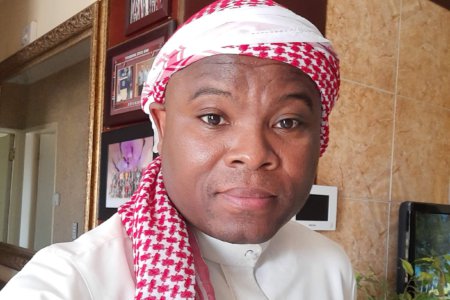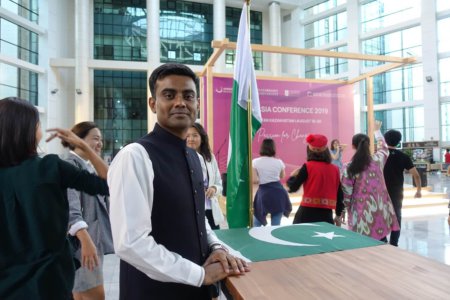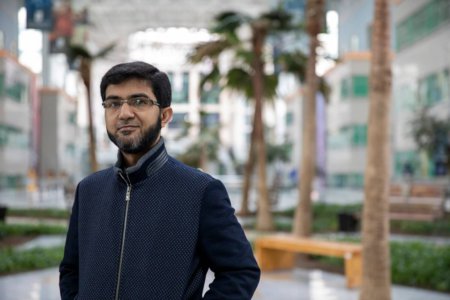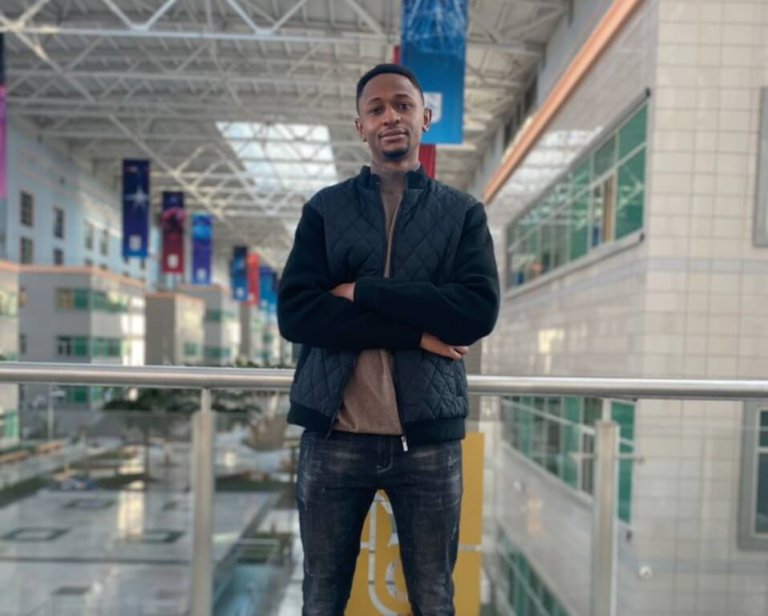
Any international student can attest to the eye-watering fees that come with studying abroad. Sherif Bukari, however, is a happy camper at Nazarbayev University in Kazakhstan — the largest landlocked country on Earth. The Ghanian is currently pursuing a MSc Chemistry at the university, which was founded by Kazakhstan’s first president: Elbasy Nursultan Nazarbayev.
Studying in the country’s capital, Nur-Sultan (formerly Astana) — the namesake of the country’s former longtime leader — can be an ideal study destination for the price-sensitive student. The 26-year-old’s advice to students thinking about studying in the city is to not worry too much about the cost of living.
He says it’s possible to get by a monthly budget between US$300 and US$600, depending on one’s needs (for comparison, the monthly cost of living for international students in Canada is approximately CA$800 to CA$,1000). He adds: “Generous funding is provided here at Nazarbayev University to prevent students from hustling to make ends meet.”
We speak to him to learn more about his experience of studying in the oil-rich nation and his thoughts on trying Kazakh food:
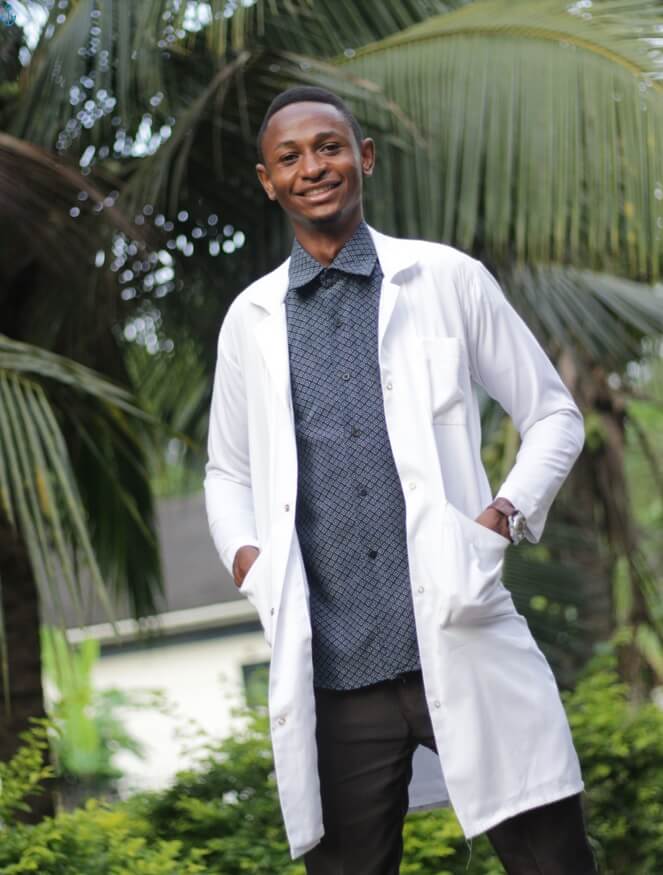
“I chose chemistry because I love this field of study — it is like the centre of the sciences, in my opinion,” says Bukari. Source: Sherif Bukari
Hi Sherif. Can you tell us a little bit about yourself?
I obtained my bachelor’s degree in chemistry from a university in Ghana — the University of Cape Coast. After this I had a couple of jobs; as a quality control technician and mostly as a teacher for the past three years, and now I’m currently studying MSc Chemistry at Nazarbayev University.
Why did you choose to study chemistry at Nazarbayev University?
First of all, I chose chemistry because I love this field of study — it is like the centre of the sciences, in my opinion. Nazarbayev University, I believe, is a great choice because the campus provides a very friendly, convenient and serene environment that facilitates learning and creates a platform for bonding with others. Generous funding is provided here at Nazarbayev University to prevent students from hustling to make ends meet. The School of Sciences and Humanities consists of experienced and well-learned staff as well as well-equipped facilities that aid research.
Tell us about your research work involving fabricating metal-organic frameworks. What sparked your interest in the field?
My research involves creating a glass material that reversibly changes colour when very little voltage is applied to it, so that this reversible colour change can be observed by powering the glass material with solar cells. This way, these materials can be applied as windows where one just needs a switch to make the window change colour from colourless to black or milky in order to obtain privacy or protect the room from sunlight. I would have to say my supervisor, Dr. Mannix Balanay, piqued my interest, and later I became enthusiastic upon learning the potential applications these materials have.

Nur-Sultan, formerly Astana, is the capital of Kazakhstan. Source: Kirill Kudryavtsev/AFP
What’s it like studying in Kazakhstan? What are your three favourite things about the country or city that you’re currently living in?
Studying here, in Kazakhstan, is comfortable and convenient but challenging. I don’t know about other educational institutions in Kazakhstan, but Nazarbayev University challenges you to bring out your best. I like the capital, Astana, first for its beautiful sceneries, cleanliness, and for its lovely people.
What’s the local food like compared to home? Share your most and least favourite.
Local food here is comparably less spicy and “lighter”. My favourite so far is the “Beshbarmak”, usually made from finely chopped boiled meat, mixed with dough, and an onion sauce, and my least favourite is horse milk.
Do you have any budgeting advice for students who would like to study in Kazakhstan?
Students, especially graduate students, do not have to worry too much about the cost of living here in Astana. Generous stipends are provided that can be managed if you don’t spend too much. But one should consider a budget between US$300 and US$600 monthly depending on your needs.
What do you plan to do with your degree after graduating?
I would like to immediately continue my study to obtain a PhD after graduating. Otherwise, I will like to garner some more experience by working, if the opportunity should arise.








